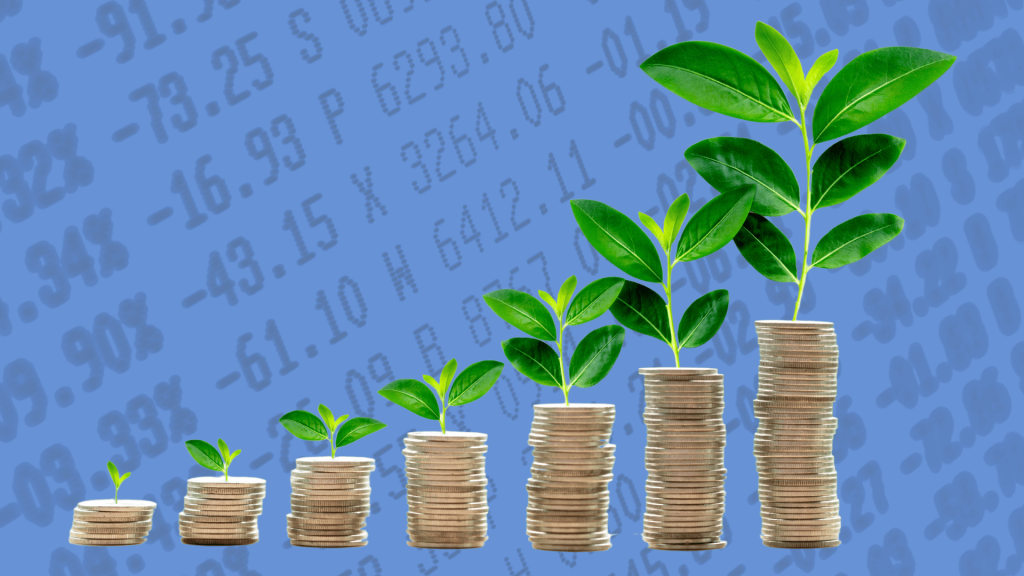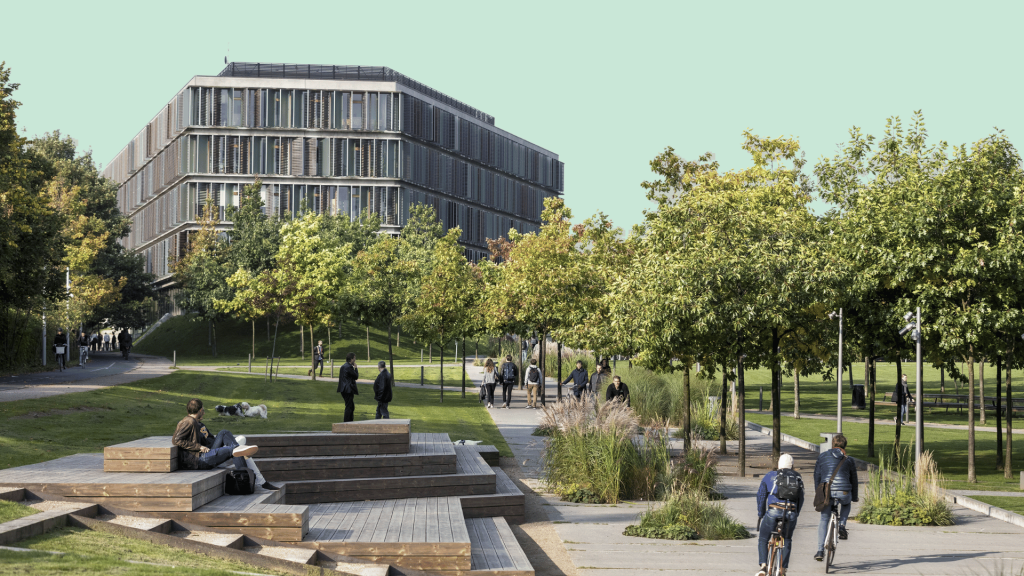The Science-Based Targets initiative aligns firms’ emission reduction targets with a net-zero emissions pathway. Firm commitment yields significant abnormal returns which are larger for firms committed to larger emission reductions and for high-emitting firms. The IPCC’s sixth assessment established a code red for humanity and provided mounting evidence of widespread, rapid, and intensifying climate change. The Paris […]
Kristjan Jespersen
Constructing Social Portfolios: A Quantitative versus Screening Approach
When we talk about ESG, one could argue that there is a strong bias focused on climate investing, reaching net zero targets as well as good corporate governance and diversity themes. But there is much more to ESG. The “Social” dimension of ESG is hugely under explored and developed and covers under studied issues such […]
ESG investing in a changing regulatory environment: investing in active or passive ESG financial products?
The impending climate crisis emphasizes the need to mobilize large-scale investments to finance the transition towards a more sustainable and inclusive economy. The financial sector plays a pivotal role in this context, as it allocates capital from investors who wish to pursue financial and non-financial objectives to corporations and stakeholders who need these resources to […]
Institutions matter: The importance of institutional quality when embedding sustainability within the capitalistic realm
Institutions not only structure any sort of social interaction[1], but are also essential in solving societal problems[2], such as climate change and the associated threat towards a fair and just future. It is not without reason that the United Nations particularly emphasized institutional progress within SDG 16[3] to advance to a more effective, inclusive, and accountable […]
Unaccounted Risk: The Case of Sulfur Hexafluoride (SF6) in Offshore Wind Energy
Carbon accounting provides a science-based measurement of greenhouse gas (GHG) emissions, achieving greater accountability of companies’ emissions causing global warming. GHGs are reported in CO2 equivalents (CO2e), meaning GHGs with widely different chemical qualities and environmental impact can be presented in a single understandable metric. However, the underlying methodology is debatable. This article questions whether […]
Counting Trees in the Hopes of Managing Forests – Technological solutions to palm oil deforestation?
In recent years, companies dealing in global commodities – such as palm oil, soy and timber – have faced increasing criticism for failing to meet zero deforestation targets in their supply chains. In response to these concerns, the use of innovative technological solutions, such as satellite monitoring systems to monitor deforestation in supply chains, are […]
Different pathways to sustainability standard adoption
How local norms may be able to help drive the spread of voluntary programs – the case of the RSPO in Japan. There has been an explosion in voluntary programs targeting value chains’ negative social and environmental impacts (Green, 2013). Working across boundaries, however, is challenging, and requires bridging different business cultures and moral expectations. […]
Universities as a Living Lab for Sustainability
Thursday 25 August marked the beginning of Professor John Robinson’s adjunct professorship at CBS. To a packed full auditorium, he gave his inaugural lecture about universities as test-beds for regenerative sustainability with the clear advice for CBS: make sustainability a strategic priority. The social contract between the university sector and society at large is shifting. […]







